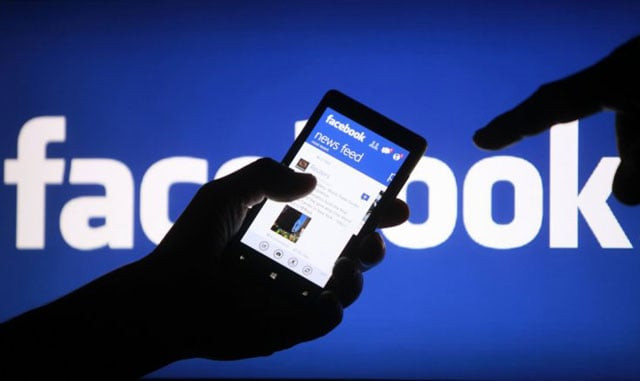Facebook envy could be harming your well-being: study
Study suggests Facebook leads to decrease in mental well-being through feelings of envy

PHOTO: REUTERS
“What we find is that [Facebook] can decrease mental well-being through feelings of envy… and that would lead to a reduction in mental well-being,” said Izak Benbasat, professor of Information Systems at UBC's Sauder School of Business and co-investigator of the study, published in the latest issue of Information Systems Research.
Researchers from Vancouver, Germany and Switzerland studied more than 1,100 college-age Facebook users and found that feelings of envy and jealousy mostly centered on leisure and travel.
7 ways to overcome work anxiety
According to Benbasat, travel photos are a leading contributor to Facebook envy, pushing friends to post their most perfect pictures. He said the unrealistic portrayal of life is not motivated by the desire to make others jealous, but rather a need to compete and keep up appearances.
“In addition, you also have another response, which is you will react by posting good things and good pictures about yourself,” he said.
Cindy Evans, an avid Facebook user agreed, noting that while celebrating her friends’ best moments is positive, there can be other emotions at play. “In the evenings after my kids go to bed I see what everybody else is doing. There is definitely a bit of keeping up with the Jones’s... I do think it’s really addictive,” she said.
Meditation can reduce depression in people with gut disease
When asked directly if they felt envious while on Facebook, around a quarter of participants said yes. Yet when asked if they thought other people were experiencing Facebook envy, 50% of people thought they would be, showing that most people denied having such negative feelings.
The reason for this, according to Benbasat, could be that, “Maybe we don’t want to say we are envious on Facebook.“It could be a perception issue, or a socially desirable response.”
New dads also face mental health risk
Benbasat pointed that the aim of the study is not to get people to stop using Facebook, but to make people especially young people more aware of the negative emotions that can be associated with its use as there are positives and negatives to all information technologies
“We have to realise that most people are trying to show themselves in the best light - we have to take that into account,” he said, adding that he doesn’t use Facebook because of privacy concerns.
“Maybe our persona on Facebook is not our real persona,” he maintained.
This article originally appeared on CTV News Vancouver.



















COMMENTS
Comments are moderated and generally will be posted if they are on-topic and not abusive.
For more information, please see our Comments FAQ